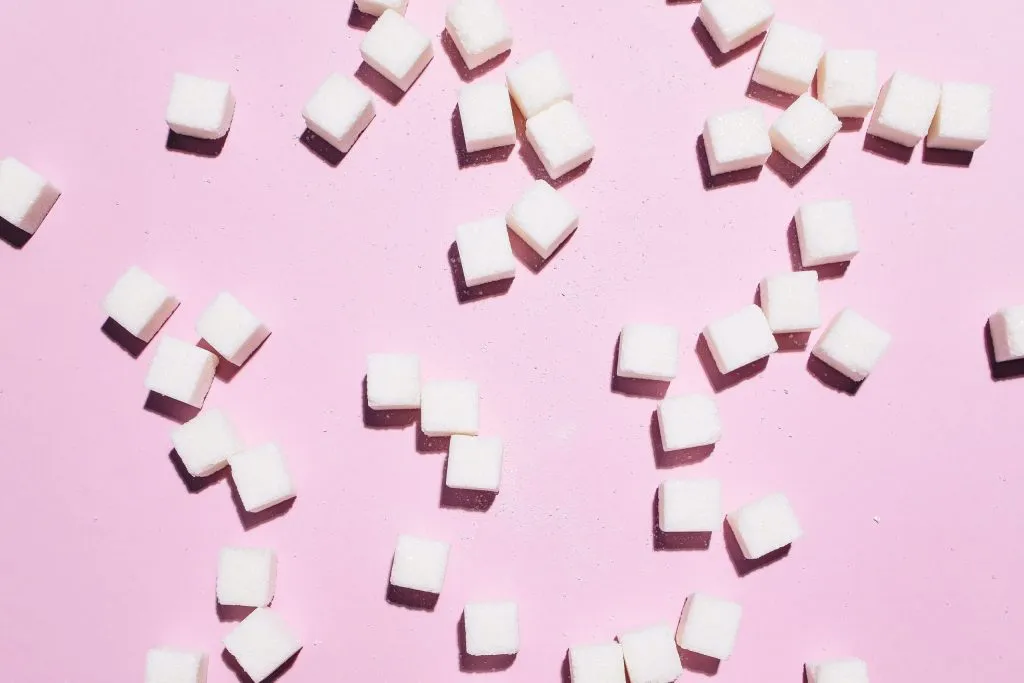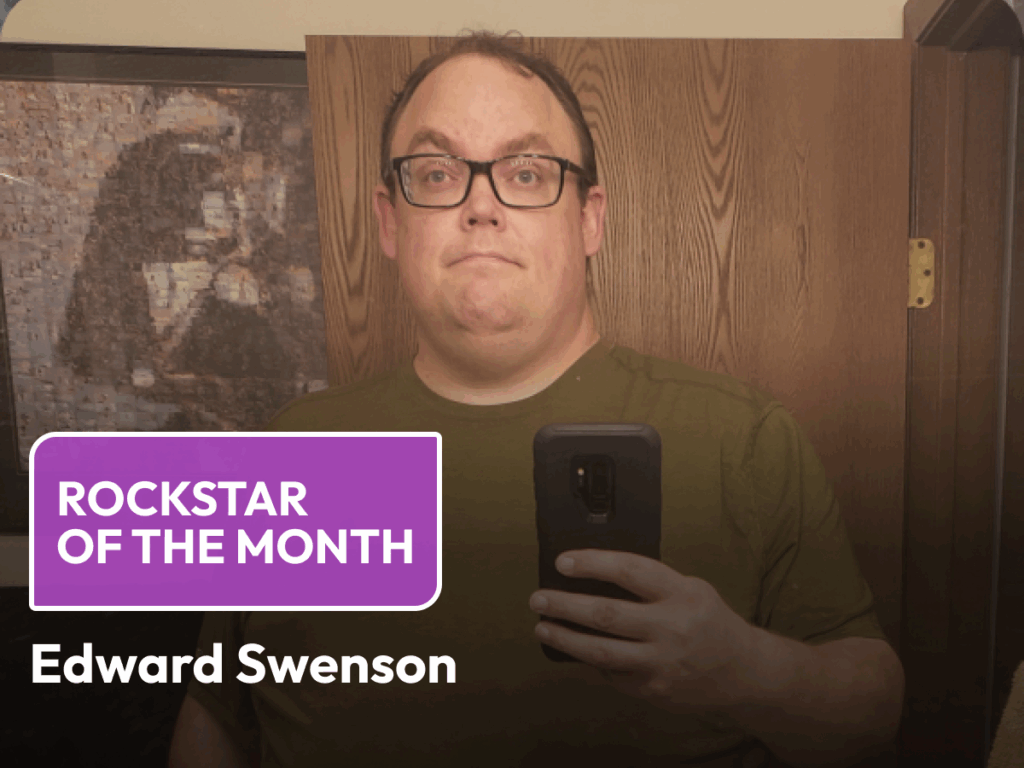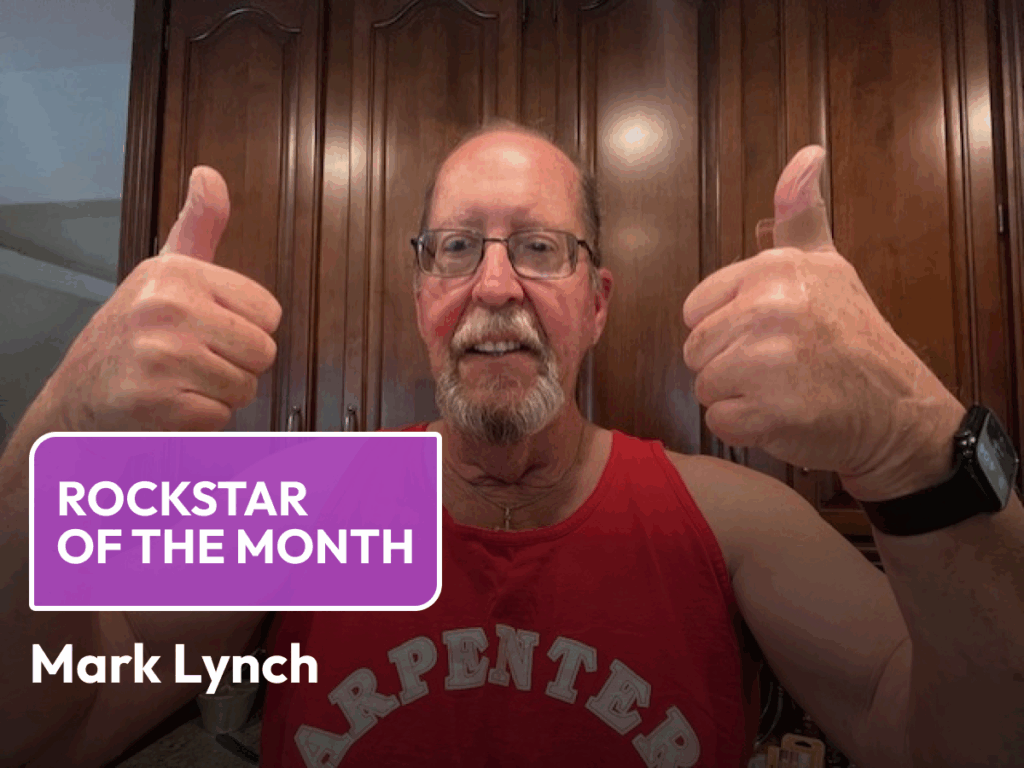Have you ever wondered why you crave sugar? How about how to curb those sweet cravings? Let’s dive into both topics, starting with what happens when you consume something sweet.
When you eat or drink something sweet, a gut sensory cell called a neuropod signals your body to release a hormone called dopamine. Dopamine, commonly known as the “feel good” hormone, might sound familiar. It plays a large role in many body functions including pleasurable, reward, and motivation. Dopamine is released from the mesolimbic pathway, also known as the pleasure and reward pathway. The hormone, with all its positivity, travels to a different pathway (the nigrostriatal) once it’s released, which is involved in motor planning.
Here’s where it gets interesting. The feeling of dopamine in that motor planning pathway is then so good that it focuses the attention and actions of the body in an effort to get more. This chase of that pleasurable reward will occur whether the sweet taste was from sugar or a sugar-free alternative. Our body works hard to get us more once we get a taste. You’re not alone if battling your cravings for sugar often feels like fighting a monster.
Cravings for sugar are no joke, your body is chasing a reward. How then can we try and combat this? What can we do about it?
For starters, sugar is not the only way to cause a release of dopamine within your body. Those neuropods will respond to amino acids and essential fatty acids as well as sugar. With that being said, there is some research that shows adequate intake of amino acids (the building blocks of protein) and essential fatty acids, such as omega-3, can help curb sugar cravings.
Check out these tips for helping to control sugar cravings:
- Drink a glass of water – dehydration can cause cravings. Try adding a pinch of salt to your water when the sugar cravings are intense (especially helpful for those on VLCD who might be unintentionally consuming a low-sodium diet).
- Take an omega-3 supplement – look for 1g of EPA (liquid form may be cost effective).
- Have a teaspoon of lemon or lime juice with water – may help regulate glucose levels.
- Avoid artificial sweeteners – can trigger cravings.
- Avoid hidden sugars – although we don’t taste these sugars, they react in the body similarly to sweet-tasting foods and drive us to crave sugar-containing foods.
- Eat protein – great for satiety and can help with cravings.
- Sleep well – adequate sleep is important for overall health and may help prevent cravings.
- Avoid excess stress – practice strategies for stress management.
- Avoid your triggers – out of sight out of mind.
- Take a multivitamin – prevent any deficiencies that can lead to cravings.
- Don’t starve yourself – be proactive about not becoming too hungry between meals. It’s easier said than done, but learn to differentiate between physical hunger and emotional hunger.



